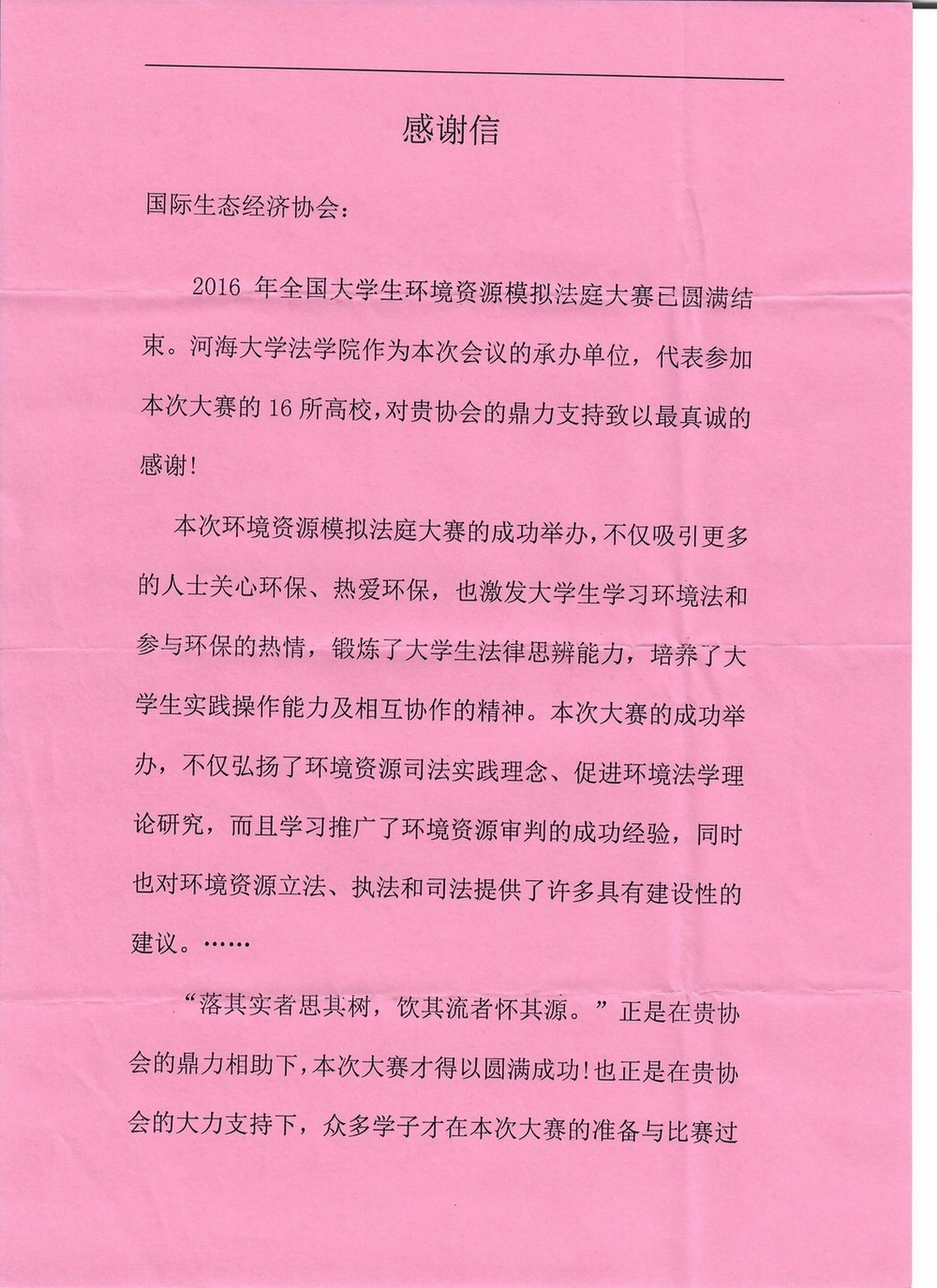Recently, the Fourth Session of the Standing Committee of the 13th National People's Congress (NPC) was held in the Great Hall of the People in Beijing. From May to June, the NPC Standing Committee Air Pollution Prevention Law enforcement inspection component went to 8 provinces and autonomous regions to carry out inspections, and entrusted 23 provincial and municipal people's congress standing committees to carry out self-examination, achieving full coverage of law enforcement inspections. From the overall situation of law enforcement, civil awareness of ecological environmental protection has been significantly enhanced; rule of law has been further guaranteed for the prevention and control of air pollution; the law-enforcement efforts to promote air pollution control have been continuously increased. However, major problems still exist. Structural pollution problems are still prominent; the formulation of regulations and standards is lagging behind; the implementation of air pollution supervision and management system is not in place; the implementation of air pollution prevention and control measures in key areas is not strong enough; law enforcement supervision and judicial basis need to be strengthened; and legal responsibility is not well-implemented. The law enforcement inspection team was chaired by Chairman Li Zhanshu, and three vice-chairmen such as Wang Chen, Shen Yueyue and Ding Zhongli. Secretary-General Yang Zhenwu and Gao Hucheng, chairman of the National People's Congress Environmental Protection Committee, served as deputy team leaders. From the central to the local, from the NPC to the State Council, the ministries and commissions are mobilized to win the battle of the Blue Sky Campaign, the top priority of our fight against pollution.
The Fourth Session of the Standing Committee of the 13th NPC pointed out that one of the important reasons for the problems in the prevention and control of air pollution is that the responsibilities listed by our law have not been put in place. The purpose of law enforcement inspection is to take the law as the criterion, bearing in mind that ecological environment quality can only be better and not deteriorated as our principal responsibility, in order to promote the leadership and supervision responsibilities of the government and relevant authorities, so as to urge enterprises to implement their responsibility.
In June 2017, the 28th meeting of the Standing Committee of the 12th NPC made the decision on Amending the Civil Litigation Law and the Administrative Litigation Law of the People's Republic of China. The formal implementation of this decision on July 1 marked the formal establishment of the public interest litigation system of the procuratorate. It laid the foundation for pilot to full-scale implementation of the public interest litigation system. As the main body of public interest litigation, how non-profit organizations play their roles requires the strong support and active participation of both the government and the civil society.
"Registered under the civil affairs department of the government at or above the municipal level in accordance with the law; specialized in environmental protection public welfare activities for more than five years without any illegal records." According to the "Environmental Protection Law" implemented on January 1, 2015, it is stipulated that social organizations that meet the above conditions may file a lawsuit in the people's court
The actual situation is that the proportion of non-profit organizations that file environmental public interest litigation cases is not high. According to the working report of the Supreme People's Court, in the past five years, the procuratorial organs have filed 1,383 public interest litigation cases. On the contrary, 252 environmental public interest litigation cases were filed by social organizations
Lu Zhongmei, member of the National Committee of the Chinese People's Political Consultative Conference and deputy director of the Social and Legal Committee of the National Committee of the Chinese People's Political Consultative Conference, pointed that: The number of cases in which public organizations filed public interest litigation has declined.
According to a news survey, since the implementation of the new Environmental Protection Law on January 1, 2015, until June 2017, the National Court has accepted 246 first-instance cases of environmental civil public interest litigation initiated by social organizations, accounting for less than 20% of all public interest litigation cases. In the past three years, only 25 social organizations in China have filed environmental public interest litigation, and most of them have been sued by several social organizations as joint plaintiffs. The reality is that the cost of environmental public interest litigation is high, and the lack of special funds for social organizations exists.
On the one hand, the experts and scholars have called for the establishment of "national environmental public interest litigation fund". On the other hand, it is suggested that the government introduce incentive measures to strengthen the construction of the social organizations’ capacity.
Lu Zhongmei proposed that social organizations can be encouraged to improve the capabilities of staffs, enhance professional knowledge, in order to enhance their ability to develop sustainably, through capacity building and demonstrative activities.
In 2015 and 2016, the “National University Student Environmental Resources Moot Court Competition”, supported by the International Ecological Economy Promotion Association (IEEPA) with non-profit funds, is a good practice for cultivating environmental legal professionals in the new era. To promote the building of the professional powers in environmental laws, the first step is to establish a team of professional environmental legal talents. Hence, we can further consolidate the professionalization of our judicial institutions and judges, and provide judicial services and guarantees for the country and society to promote ecological civilization construction and green development.
IEEPA calls on all parties to actively support and participate in the cultivation of judicial talents for environmental resources in China. The government should pay attention to and give special funds for support. Non-profit organizations need to further strengthen their capacity building to become a strong civil force to supervise China's cause of ecological environment resources protection .










